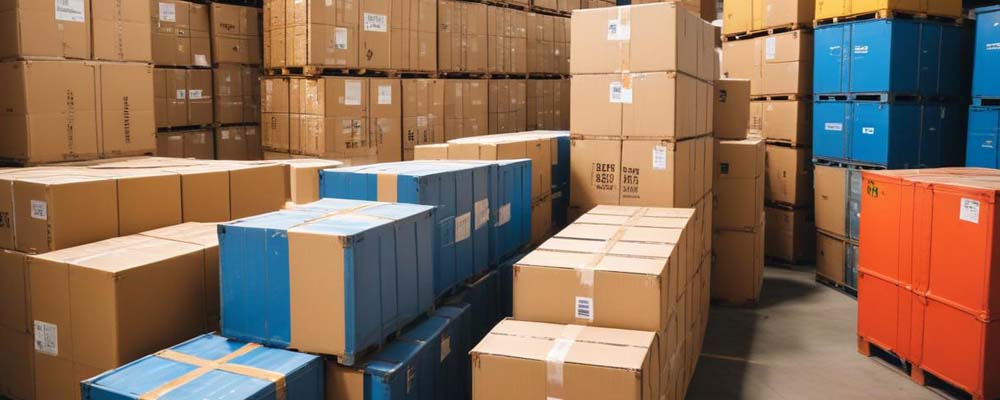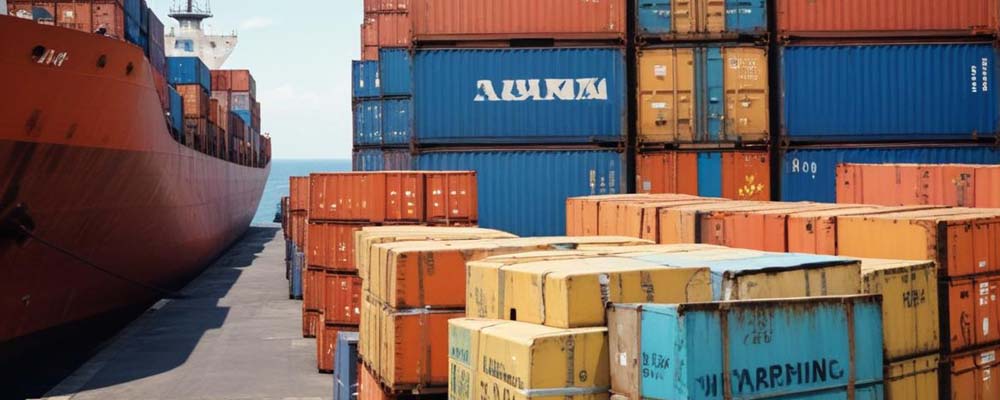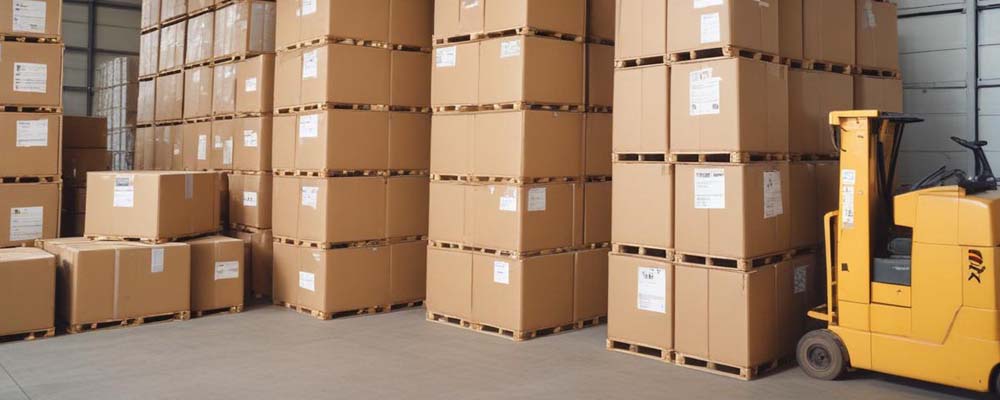 Shipping large items internationally demands a strategic approach to logistics and freight forwarding. As businesses grow globally and individuals move overseas, it becomes crucial to understand how to manage these shipments efficiently. Consequently, this blog post offers a detailed guide on navigating the complexities of international logistics for large items, providing practical tips to ensure your shipment arrives safely and cost-effectively.
Shipping large items internationally demands a strategic approach to logistics and freight forwarding. As businesses grow globally and individuals move overseas, it becomes crucial to understand how to manage these shipments efficiently. Consequently, this blog post offers a detailed guide on navigating the complexities of international logistics for large items, providing practical tips to ensure your shipment arrives safely and cost-effectively.
Understanding International Logistics Regulations
Before you prepare your shipment, understanding the customs regulations of the destination country is essential. International shipping is subject to strict rules that differ by country, covering prohibitions on certain items and specific documentation and packaging requirements. Gaining a comprehensive understanding of these regulations, which are integral to effective supply chain management, is crucial to preventing costly delays and penalties.
 Selecting a Reliable Freight Forwarder
Selecting a Reliable Freight Forwarder
Choosing the right freight forwarder is essential for the success of your international shipment. A reliable freight forwarder specializes in navigating the complexities of global routes and regulations, offering tailored logistics solutions that ensure your large items are shipped under the best conditions. Consider factors such as their expertise in handling large goods, their insurance offerings, and their ability to provide comprehensive tracking systems.
Packaging Solutions for Large Shipments
Proper packaging is essential for safeguarding your items during transit. By investing in high-quality materials and exploring custom solutions, you can ensure your shipment is securely cushioned and protected. Furthermore, utilizing professional packaging services from seasoned logistics providers can greatly enhance the safety and integrity of your goods.
 Maritime Shipping: An Economical Choice for Heavy Items
Maritime Shipping: An Economical Choice for Heavy Items
For heavy or voluminous items, maritime shipping is often the most cost-effective logistics solution. While slower than air freight, ocean freight can accommodate larger volumes at a significantly lower cost, making it ideal for non-urgent large shipments. Engaging a freight forwarder with expertise in maritime logistics can optimize both cost and transit time.
Comprehensive Insurance for International Shipping
The risks associated with transporting large items internationally—such as loss, damage, or unexpected delays—are non-trivial. Securing comprehensive insurance coverage through your logistics provider is vital. Ensure that the insurance not only covers the value of the items but also addresses specific risks tied to international transit.
Anticipating Additional Costs
International shipping of large items often entails numerous extra costs, such as duties, taxes, and other fees levied by the destination country. Consequently, effective freight forwarding requires estimating these expenses in advance to prevent unexpected charges. Additionally, a knowledgeable freight forwarder can offer crucial insights into these potential costs, aiding in more precise budgeting.
Utilizing Warehousing and Distribution Services
Integrating warehousing and distribution services into your logistics strategy can enhance the efficiency of your international shipping operations. Strategic placement of goods in warehouses close to major ports can reduce transit times and costs. Additionally, these services provide flexibility in managing inventory and distributing products directly to customers across different regions.
Leveraging Advanced Transportation and Logistics Solutions
Today’s logistics solutions offer advanced tracking and management options essential for overseeing large item transports. By employing GPS tracking, real-time data, and automated logistics systems, you can effectively monitor your shipment from start to finish, ensuring a seamless delivery process.
 Frequently Asked Questions About Shipping Large Items Overseas
Frequently Asked Questions About Shipping Large Items Overseas
What are the best practices for packing large items for international shipping?
- Ensure that all items are securely wrapped and cushioned. Use durable materials and consider custom crating for extremely valuable or fragile items. Label all sides of the package clearly and include handling instructions.
How do I choose between air freight and sea freight?
- Consider the size, weight, and urgency of your shipment. Air freight is faster but more expensive, suitable for high-value or perishable items. Sea freight is cost-effective for heavier, less time-sensitive goods.
What should I know about international shipping regulations?
- Regulations vary by country but generally involve customs duties, import restrictions, and necessary documentation. Check with the destination country’s customs website or consult with your freight forwarder to avoid any compliance issues.
How can I reduce the costs of shipping large items overseas?
- Compare quotes from different carriers, choose sea freight when possible, consolidate shipments, and prepare accurate documentation to prevent delays and additional fees.
What kind of insurance do I need for shipping large items internationally?
- Opt for a comprehensive insurance policy that covers loss, damage, and delays. Ensure the coverage reflects the full value of the shipment and specific risks associated with international transit.
How do I track my international shipment?
- Most freight forwarders and carriers offer online tracking systems. You will receive a tracking number to monitor your shipment’s progress from departure to arrival.
 Conclusion
Conclusion
Successfully shipping large items overseas requires strategic planning and reliable logistics partnerships. With a deep understanding of international regulations, the right choice of freight forwarder, secure packaging, suitable shipping methods, and preparedness for potential costs, you can navigate the complexities of international logistics efficiently. By leveraging these elements, you ensure a smooth and cost-effective shipping process.




 Selecting a Reliable Freight Forwarder
Selecting a Reliable Freight Forwarder Maritime Shipping: An Economical Choice for Heavy Items
Maritime Shipping: An Economical Choice for Heavy Items Frequently Asked Questions About Shipping Large Items Overseas
Frequently Asked Questions About Shipping Large Items Overseas Conclusion
Conclusion



